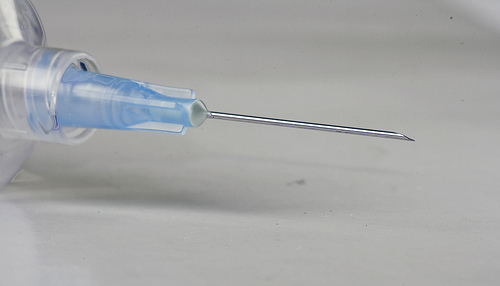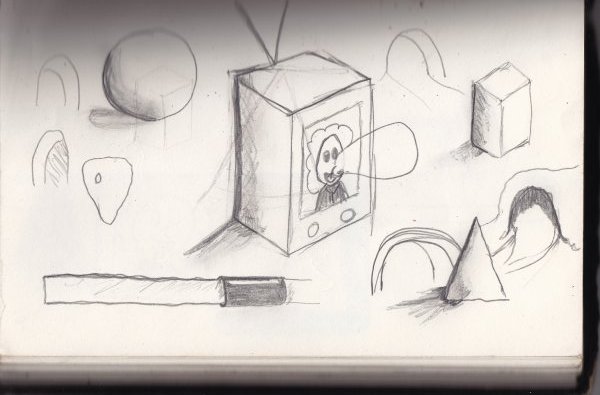
The virus is transmitted when people share used and unsterilized needs, as well as infusive paraphernalia such as filters and cookers. (Photo Credit: Creative Commons)
It can often be scary to read information in the news about hepatitis C outbreaks affecting hundreds of people, even in what we think of as a safe place such as a hospital. Unlike other liver diseases, hepatitis C is transmitted through blood contact with a person infected by the hepatitis C virus (HCV). Most new cases of hepatitis C transmission are injection-related. While it’s easy to feel nervous about the possibility of transmission in hospitals as these outbreaks ensue, it will absolutely help to know what YOU can do to protect yourself and your family from hepatitis C infection.
Hepatitis C can be passed between people who are in regular contact with injection needles, such as medical syringes and illegal narcotic injectables. It is well known that those who have a history of intravenous drug and sharing needles, are at high risk of acquiring HCV. The virus is transmitted when people share used and unsterilized needs, as well as infusive paraphernalia such as filters and cookers.
Compared to HIV, hepatitis C is more easily spread through injections. This virus is persistent – it remains active and infectious even if the blood source has been outside of the human body for days. A small amount of blood with hepatitis C is enough to infect another person upon contact.
The dangers of HCV transmission can be avoided by making sure to use new and sterile needle or syringe for each injection. For those who need to inject medication regularly, it is advisable to have your own cookers and filters to sterilize your needle. When somebody else is administering the injection and you’re not sure of the quality of the equipment, don’t hesitate to request new syringes and needles still enclosed in their packaging. It is OK to ask to see the needle coming out of its sealed package.
Sharp objects such as razors, manicure equipment, tattoo and body piercing needles could also be carriers of HCV. Whenever you use any sharp object, make sure there are no traces of blood and that the sharp objects are always sterilized before use.
To date, no vaccine has been developed against HCV. There are circumstances when injections are inevitable so keep a sharp eye on cleanliness and proper sanitation to let only the healthy stuff in, and keep HCV out.






























